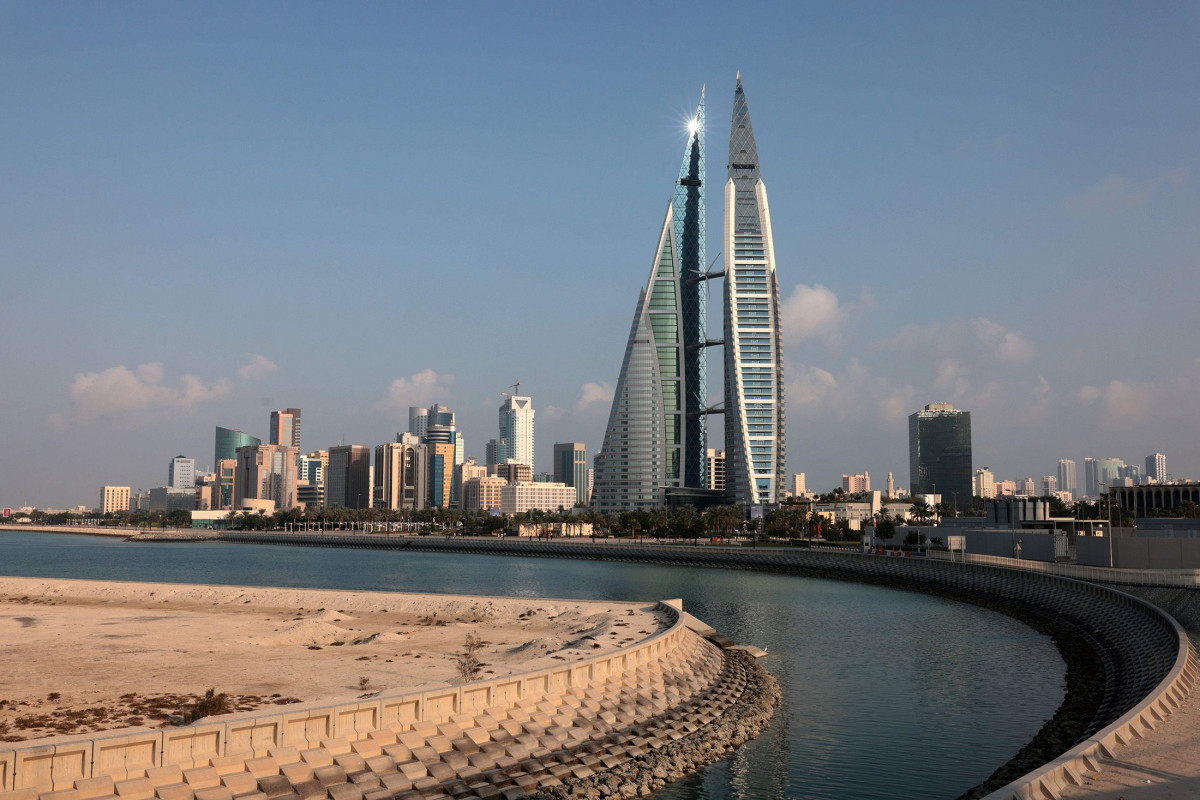Bahrain must implement financial reforms and reduce public debt, the International Monetary Fund (IMF) said, warning of an increase in the fiscal deficit in the coming years.
IMF said Bahrain’s fiscal deficit increased by 18.2% of GDP in 2020, up from 9% in 2019.
Bahrain has been severely affected by the Coronavirus pandemic crisis, because its small economy, compared to other Gulf countries, is completely dependent on oil, while black gold prices have witnessed historic declines.
Bahrain moved quickly to address the health, social, and economic effects of the COVID-19 pandemic, protecting lives and livelihoods,” however, “growth in 2020 is estimated at -5.4 percent, driven by a sharp contraction in non-oil growth of -7 percent”, IMF said.
According to the IMF, the drop in oil prices greatly hurt Bahrain’s revenues, while the public debt rose to 133% of GDP from 102% in the previous year.
IMF called on Bahrain to carry out urgent reforms at the level of public finances to address large imbalances, reduce public debt, and restore the sustainability of macroeconomic conditions, while ensuring that support is directed to the most vulnerable groups.
In particular, the statement called for an ambitious and credible plan to support growth to correct the public finances and implement it in the medium term, with a focus on mobilizing domestic revenues and rationalizing expenditures.
Accumulated Bahrain debt
Bahrain has accumulated debt at a breakneck speed since the decline in oil prices (2014-2015).
A $10 billion financial aid program from Gulf allies helped Bahrain avert a credit crisis in 2018.
The financial aid has been tied to financial reforms that Bahrain announced last month that it was still committed to.
IMF expects the economy to recover this year with a growth rate of 3.3% and the overall fiscal deficit to shrink to 9%.
However, the Fund warned that the public debt would rise to 155% of GDP in 2026, according to his basic vision.
The Fund said: “In staff’s baseline scenario Bahrain’s twin deficit is set to persist over the medium-term, with public debt increasing to 155 percent of GDP by 2026. Risks to the baseline are tilted to the downside and stem from insufficient fiscal adjustment to contain the twin deficit, a tightening in global financial conditions or further declines in oil prices.”.























































